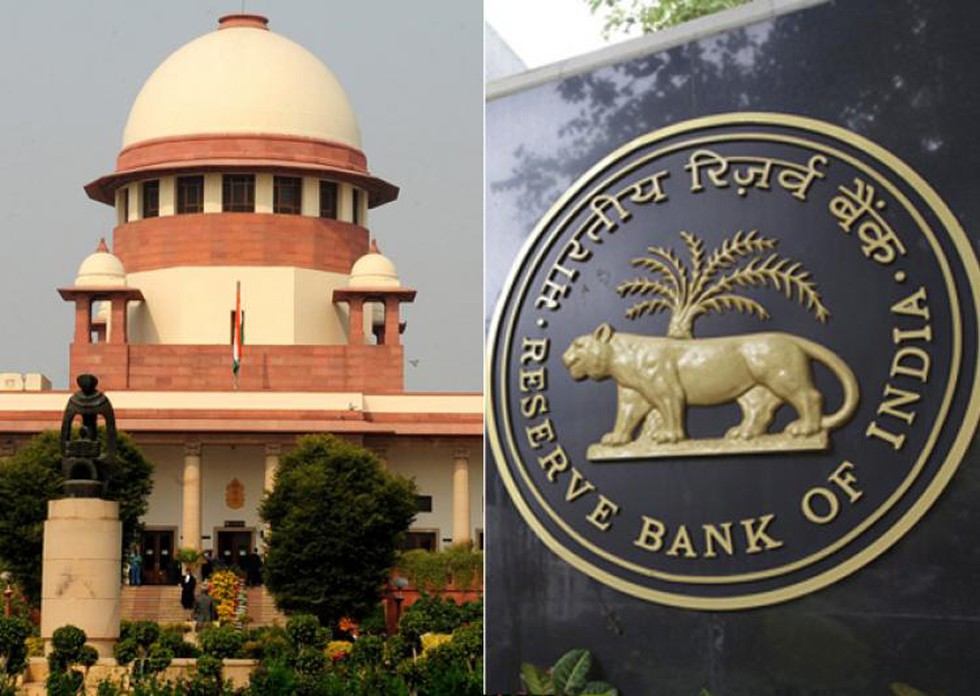About:
- The Supreme Court gave the RBI “a last opportunity” to withdraw a November 2016 Disclosure Policy which prevents revelation of every other kind of information under the RTI Act, including the list of wilful defaulters and annual inspection reports.
- The bench was hearing a contempt petition filed by RTI activist S C Agrawal against the RBI. It did not go ahead with contempt proceedings against the RBI, made it clear that it was giving a last opportunity to it to comply with provisions of the transparency law.
- Arguments by RBI: The RBI, in its defence, had said that it cannot disclose information as the annual inspection report of the bank contained "fiduciary" information as defined under the transparency law.
Arguments by supreme court sighted in RBI versus Jayantial N. Mistry:
- The 2015 judgment had rejected the RBI’s argument that it could refuse information sought under the RTI on the grounds of economic interest, commercial confidence, fiduciary relationship or public interest.
- The RBI cannot deny information to an information seeker under the transparency law unless the material is exempted from disclosure under the law.
- There was “no fiduciary relationship between the RBI and the financial institutions”.
- RBI had the statutory duty to uphold the interests of the public at large, the depositors, the economy and the banking sector.
- RBI should act with transparency and not hide information that might embarrass the individual banks.
- The court however said some matters of national economic interest like disclosure of information about currency or exchange rates, borrowing and foreign investments could harm the national economy, particularly, if released prematurely.
